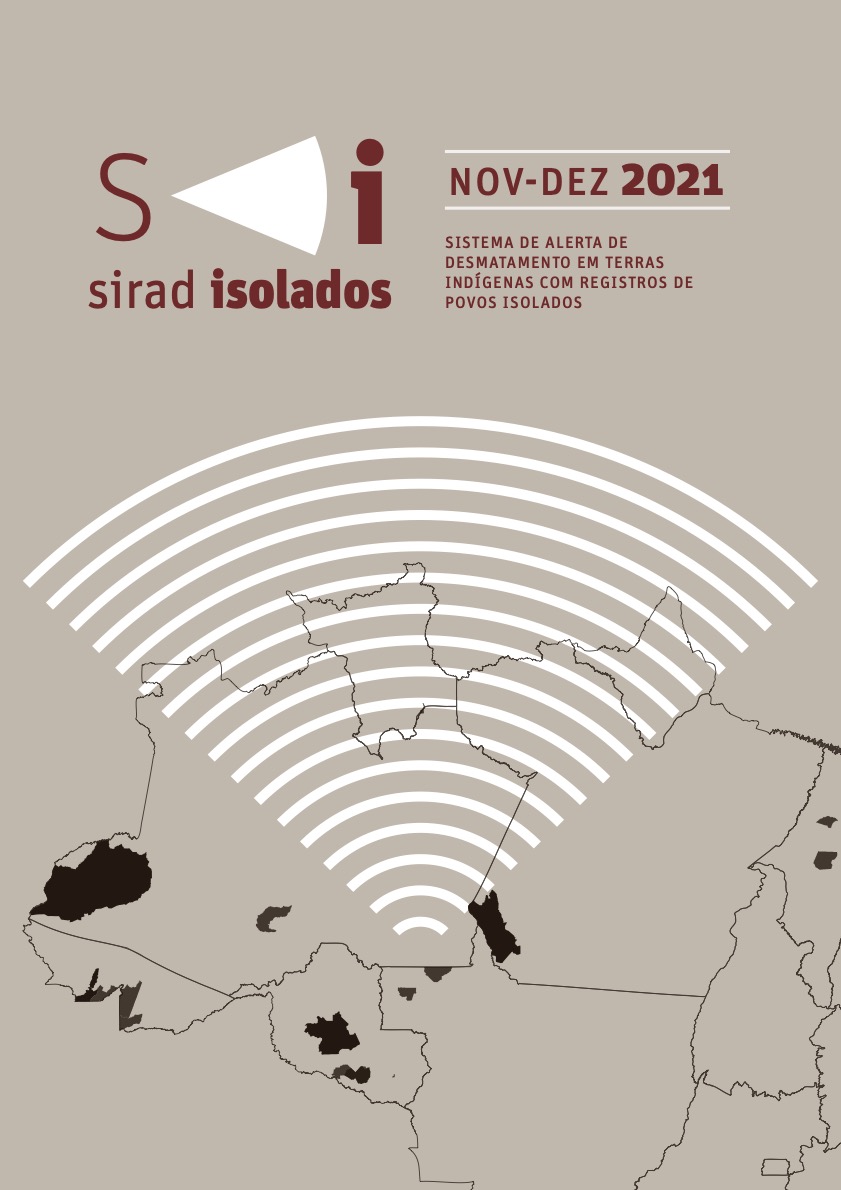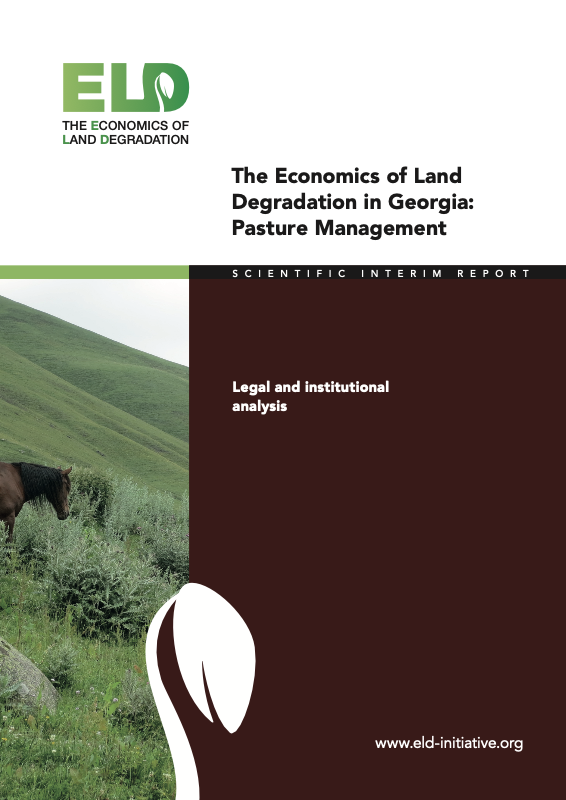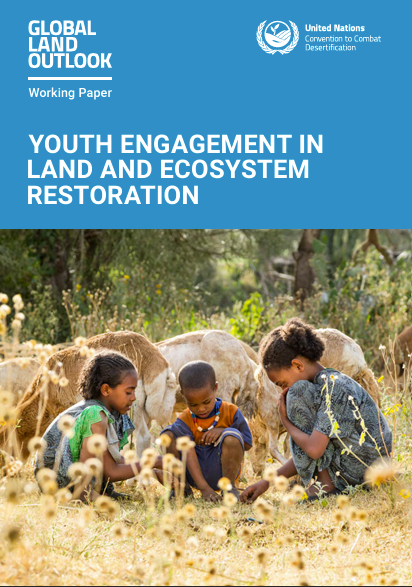Assessing the benefits of green super rice in sub-Saharan Africa: Evidence from Mozambique
In Mozambique, smallholder farmers commonly grow rice under rainfed systems with limited fertilizer
application; thus, productivity remains very low. Moreover, the adoption rate of improved rice varieties
is as low as 3 per cent, partly because these varieties usually require an irrigated environment with
the use of fertilizer. Green super rice (GSR) varieties are expected to sustain high yield potential under
severe stress conditions. This article used farm-level survey data collected in Mozambique to assess





